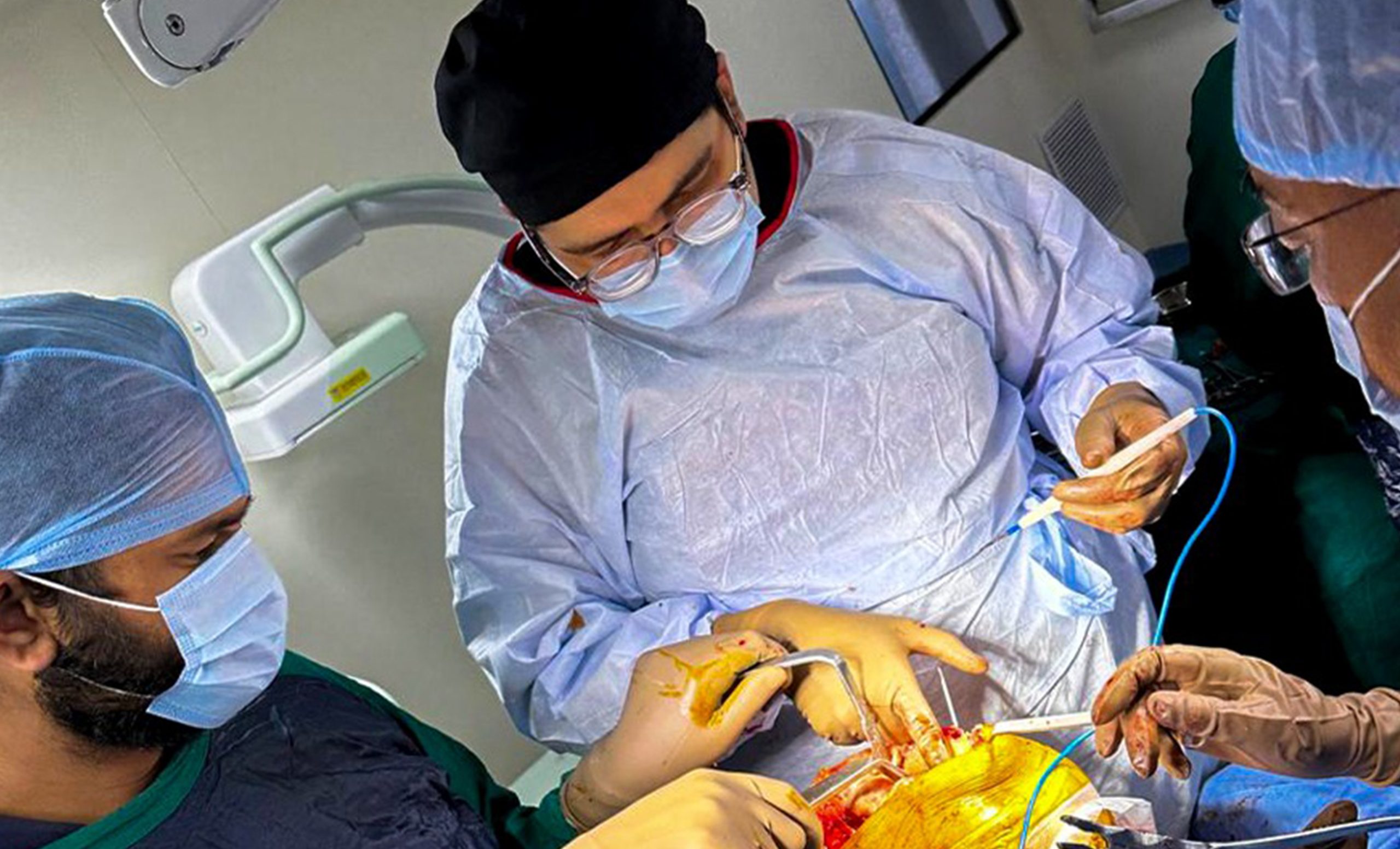When it comes to bone, joint, or spine health, choosing the right orthopedic surgeon can make all the difference. Whether you’re dealing with chronic pain, an injury, or planning a joint replacement, selecting the best orthopedic surgeon ensures you receive expert care, better outcomes, and peace of mind.
But how do you define the best orthopedic surgeon? It goes beyond degrees and awards — it’s a mix of skill, experience, patient care, and trust.
✅ 1. Medical Expertise and Qualifications
A top orthopedic surgeon should be:
– Board-certified and fully licensed
– Trained in leading medical institutions
– Up-to-date with new surgical techniques, technology, and evidence-based practices
Bonus points if they’ve undergone fellowship training in subspecialties like sports medicine, joint replacement, spine surgery, or arthroscopy.
🏥 2. Experience & Specialization
The best orthopedic surgeons are highly experienced in treating specific conditions. For example:
– Knee or hip replacements
– ACL reconstruction
– Shoulder arthroscopy
– Spine surgery or scoliosis correction
Experience = confidence + precision. A surgeon who has performed hundreds (or thousands) of similar procedures will likely deliver better results.
💬 3. Communication & Patient-Centered Approach
An exceptional surgeon:
– Listens carefully to your concerns
– Explains your diagnosis and treatment options clearly
– Respects your preferences and comfort
– Encourages shared decision-making
Patients should feel heard, informed, and empowered throughout the journey.
⭐ 4. Patient Reviews and Reputation
What do former patients say? Check:
– Online reviews
– Hospital rankings
– Word-of-mouth from local patients, doctors, or physiotherapists
Positive reviews about recovery, surgical outcomes, and bedside manner often reflect a high-quality practitioner.
🛠️ 5. Use of Modern Techniques & Technology
The best surgeons often use:
Minimally invasive techniques (e.g., arthroscopy)
Computer-assisted navigation for accuracy
Advanced implants and biologics for healing
Robotic-assisted surgery (in selected cases)
These techniques usually mean smaller scars, faster recovery, and fewer complications.
🤝 6. Team & Facility Support
A great surgeon works with a skilled team: anesthetists, nurses, physical therapists, and support staff. They also operate in:
– Clean, accredited hospitals
– Modern operation theatres
– Rehab-friendly environments
Good facilities reflect systematic, patient-focused care.
⏳ 7. Postoperative Care & Follow-Up
A top orthopedic surgeon ensures:
– Clear post-surgery instructions
– Regular follow-up visits
– Coordination with physiotherapy or rehab services
– Availability to answer concerns during recovery
Surgery is not just about the operation — it’s about recovery and results.
🧠 8. Ethics & Honesty
Above all, the best surgeons are:
– Ethical and transparent
– Recommend surgery only when necessary
– Never push for unneeded procedures
– Focus on long-term health and function, not just quick fixes
📝 Conclusion
The best orthopedic surgeon is not just someone with the most degrees or fanciest clinic. They are:
✔ Highly skilled
✔ Honest and compassionate
✔ Technically up-to-date
✔ Patient-focused
✔ Trusted by peers and patients alike
When choosing your orthopedic surgeon, do your research, ask questions, and look for someone who treats you, not just the problem.
Flex knee and shoulder clinic & Dr. Urvil Shah is The Best Orthopedic Suregon in Ahmedabad.


